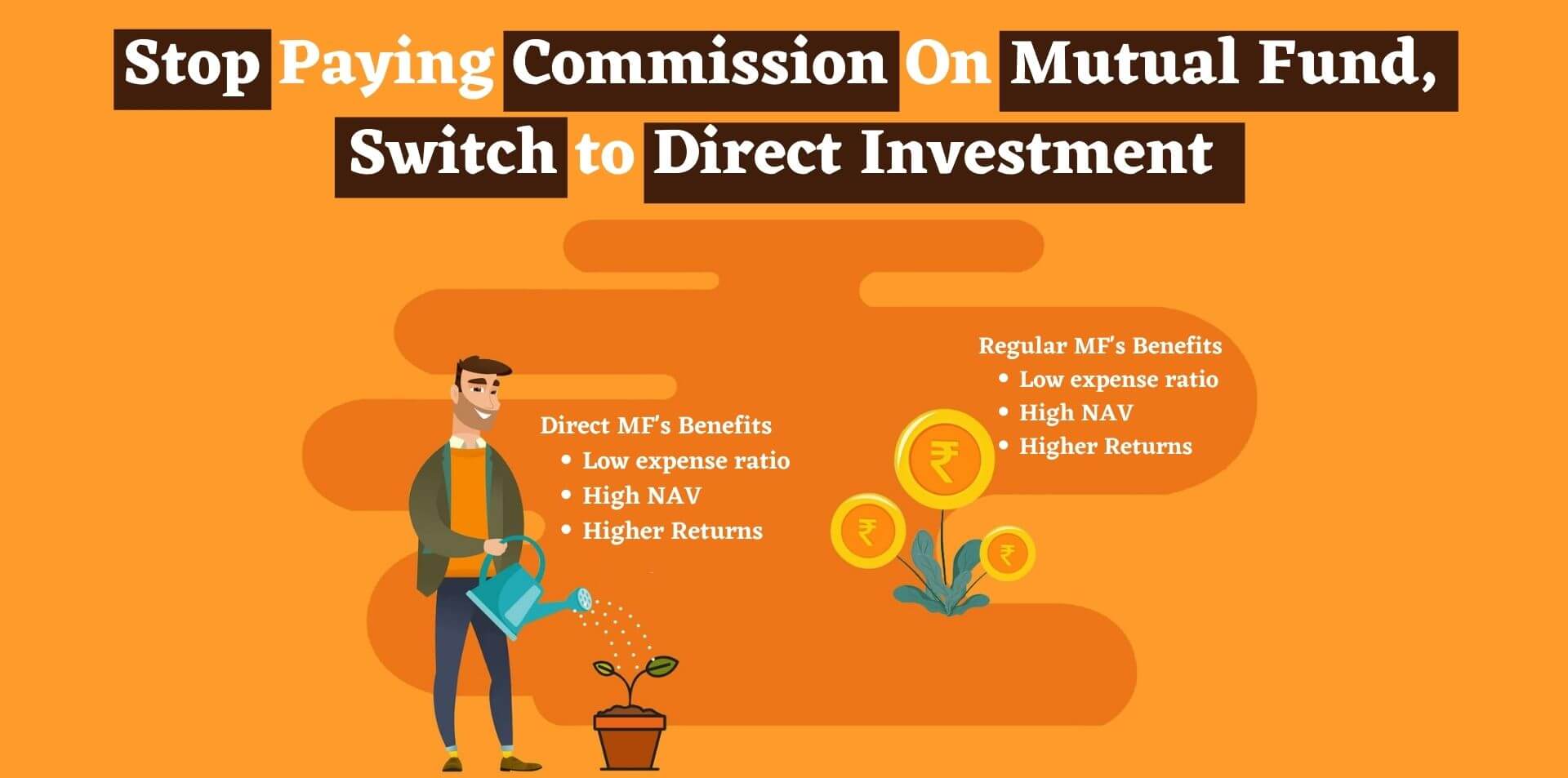Social Media Role in Activism and Social Justice Movements
The role of social media in modern-day activism and social justice movements

Social Media Role in Activism and Social Justice Movements

Social media is a hotspot for public engagement. Social media is a potent tool for activism, whether you’re seeing famous people use it to voice their opinions on Twitter, corporations explaining how their values relate to the issues that concern them, or regular people entering the conversation.
This article explains and informs you about the function of social media in contemporary activism and social justice movements.
What do you mean by Social Media?

Social media refers to online platforms and apps that enable users to interact, share and create content. Examples of popular social media include Facebook, Twitter, Instagram, YouTube, LinkedIn, and Snapchat. They allow people to connect, share information, and participate in virtual communities, making them an integral part of modern communication and self-expression.
What do you mean by Social Justice Movements?
Social justice movements are a collective effort to challenge and change the social, political, and economic systems and structures that perpetuate inequalities based on race, gender, sexuality, ability, class, and other forms of identity. These movements aim to achieve equal treatment and opportunities for all and eliminate oppression and discrimination.

Examples of social justice movements include the Civil Rights Movement, the Women’s Suffrage Movement, the Disability Rights Movement, and the Environmental Justice Movement. These movements use a variety of tactics such as advocacy, activism, education, direct action, and litigation to bring attention to the issues they care about and to drive change.
Social justice movements have had a profound impact on society and have led to significant progress in areas such as voting rights, marriage equality, and anti-discrimination laws. However, there is still much work to be done to fully realize a just and equitable society for all.
What do you mean by Modern Day Activism?

Modern-day activism refers to the contemporary forms of political and social activism aimed at promoting change and addressing issues such as human rights, social justice, environmental protection, and equality. Activism in the modern era is shaped by technological advancements, including the widespread use of the internet and social media, which have made it easier for individuals to connect, organize, and mobilize.
Modern-day activism takes various forms, including online activism, grassroots organizing, nonviolent direct action, and protest. Activists use a variety of tactics, such as social media campaigns, online petitions, street demonstrations, and civil disobedience to bring attention to issues and advocate for change.

Some examples of modern-day activism include the Black Lives Matter movement, the Women’s March, the Climate Strike, and the #MeToo movement. Modern-day activism is driven by a diverse range of individuals and communities and is often characterized by a decentralized and inclusive approach to leadership and decision-making.
Despite its successes, modern-day activism also faces challenges, including online harassment, the spread of misinformation, and the difficulty of effectively measuring its impact. Nevertheless, it remains a powerful tool for promoting social and political change and bringing attention to important issues
Role of Social Media in Modern-Day Activism
Social media plays a significant role in modern-day activism by providing a platform for people to connect, share information, and organize around issues they care about. It has become a powerful tool for amplifying voices and raising awareness, as well as a means of quickly bypassing traditional gatekeepers of information and reaching a large audience.

However, the impact of social media activism can be limited by the algorithms used by platforms to prioritize content, which may only sometimes prioritize marginalized voices or important social issues. Additionally, there is also a risk of misinformation spreading quickly on social media, which can undermine the effectiveness of activism efforts.
Despite these challenges, social media remains an important tool for activism and has been used to successfully drive social and political change, such as the Arab Spring, Black Lives Matter protests, and movements for LGBTQ+ rights
Role of Social Media in Social Justice Movements
Social media has played a crucial role in the growth and spread of social justice movements in recent years. It has provided a platform for marginalized communities to bring attention to the issues they face, share their experiences and perspectives, and mobilize people to take action.

For example, the Black Lives Matter movement has leveraged social media to raise awareness of systemic racism and police brutality, inspiring global protests and triggering meaningful discussions and changes in policies. The #MeToo movement used social media to give survivors a voice and highlight the widespread nature of sexual harassment and assault.

Social media has also made it easier for people to organize and coordinate mass protests, marches, and events, bringing together individuals from different communities and backgrounds. However, it has also faced criticism for amplifying certain voices over others, spreading false information, and not always effectively facilitating real-world change.
Overall, social media has been an important tool for social justice movements, providing a platform for underrepresented voices to be heard and for communities to come together to drive change.



